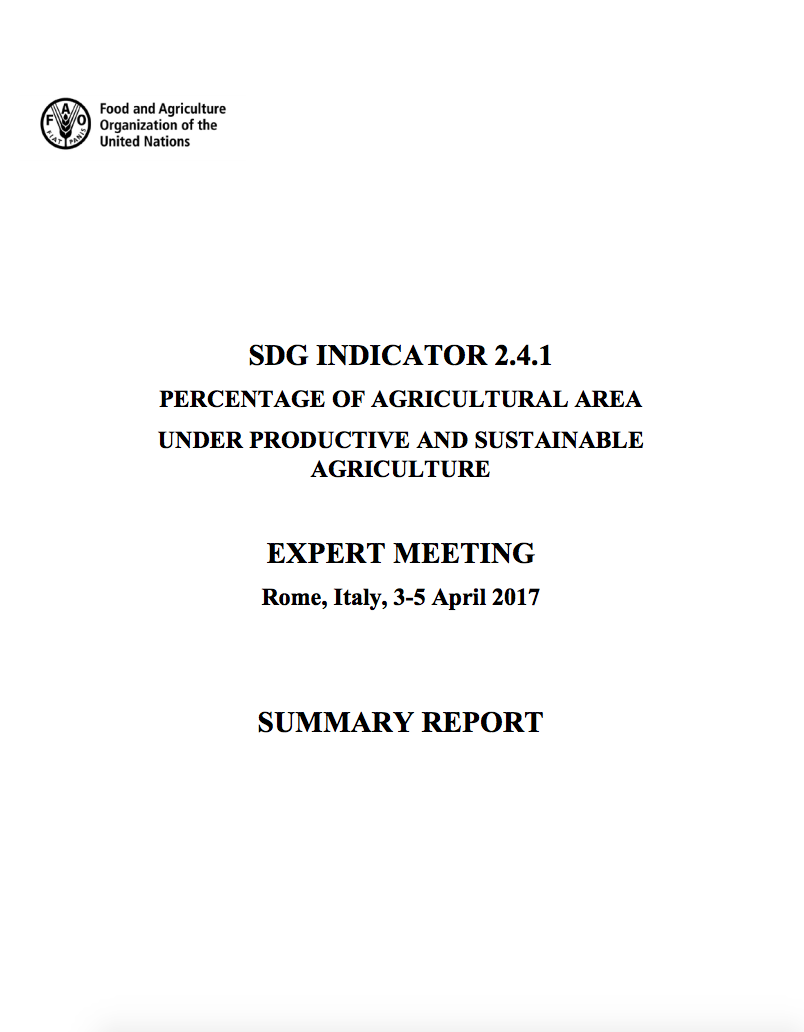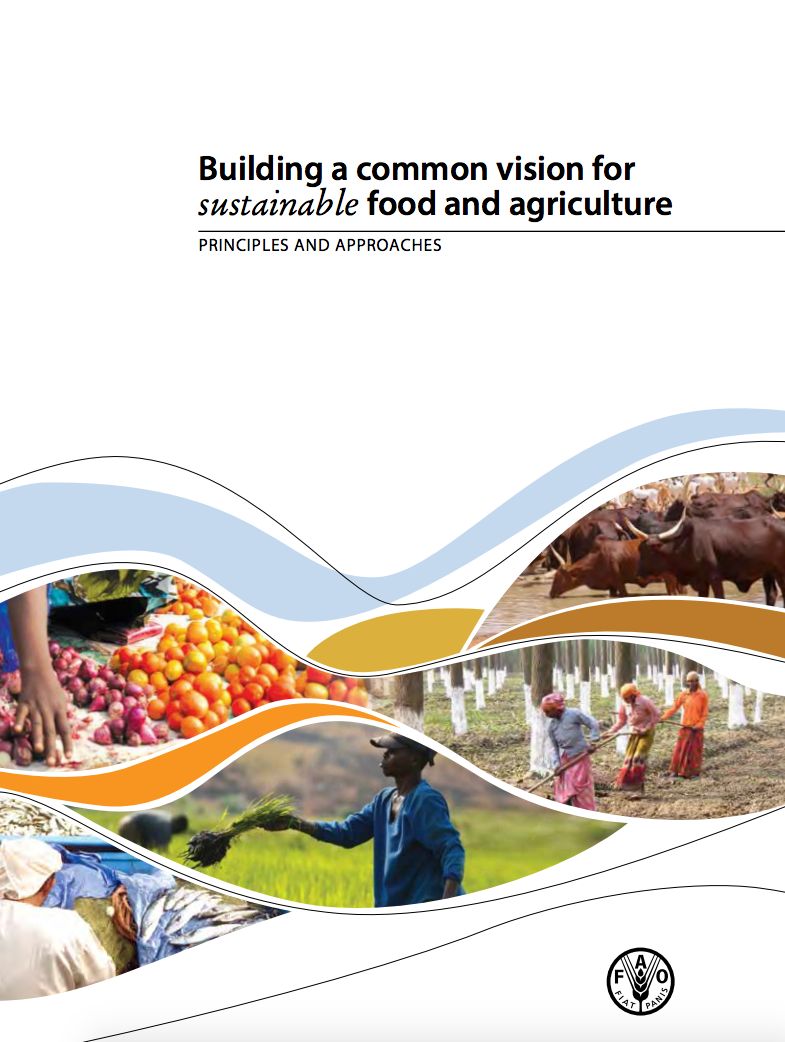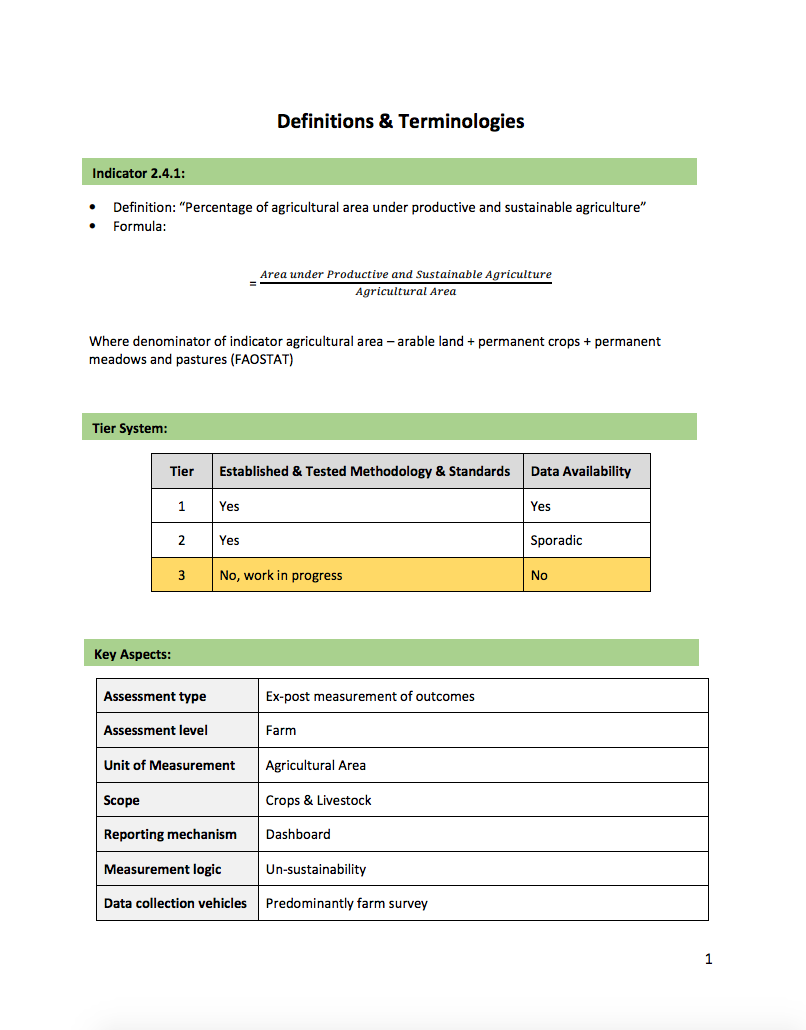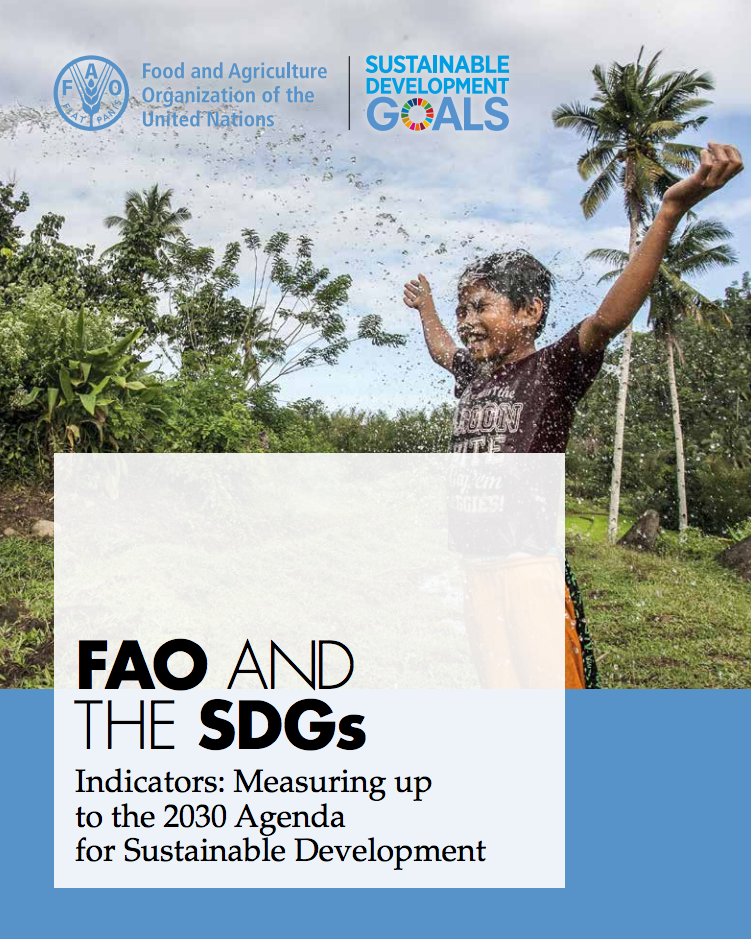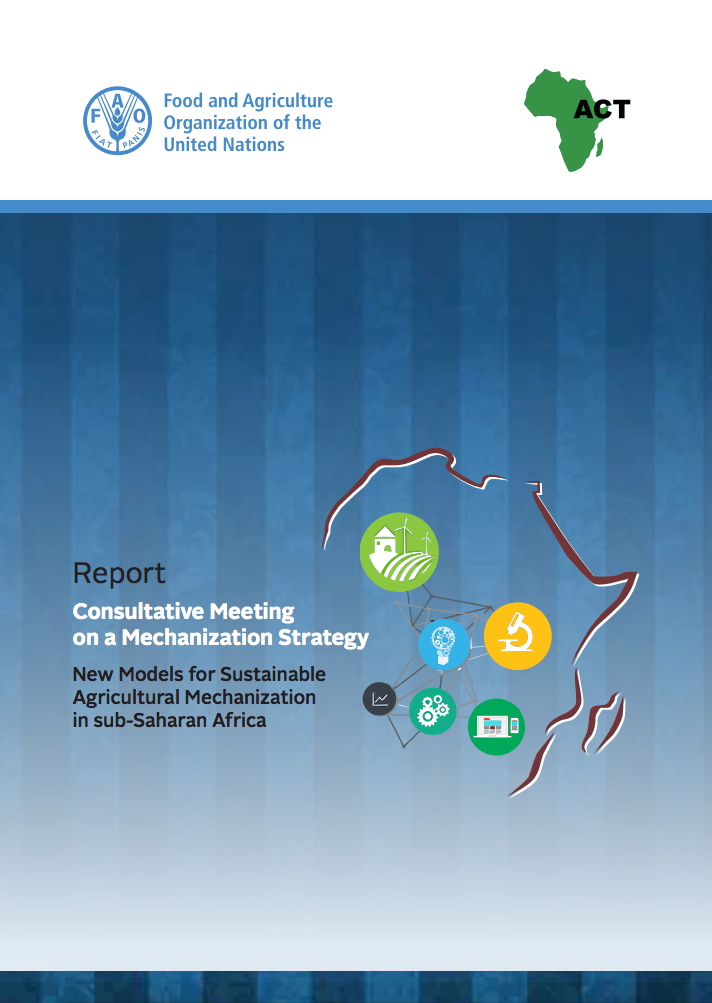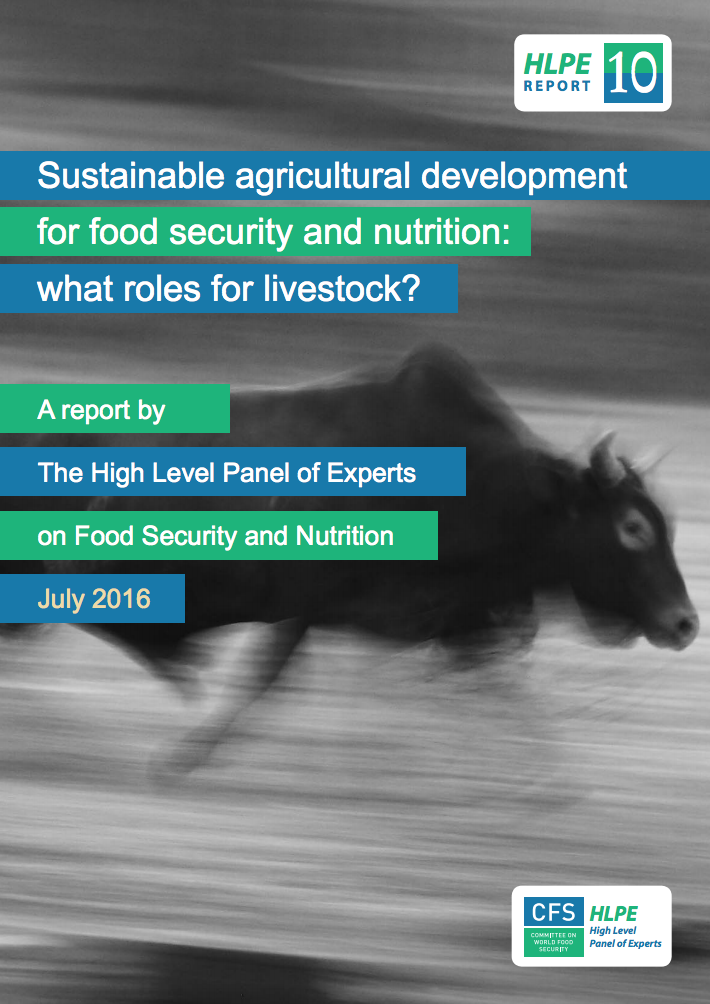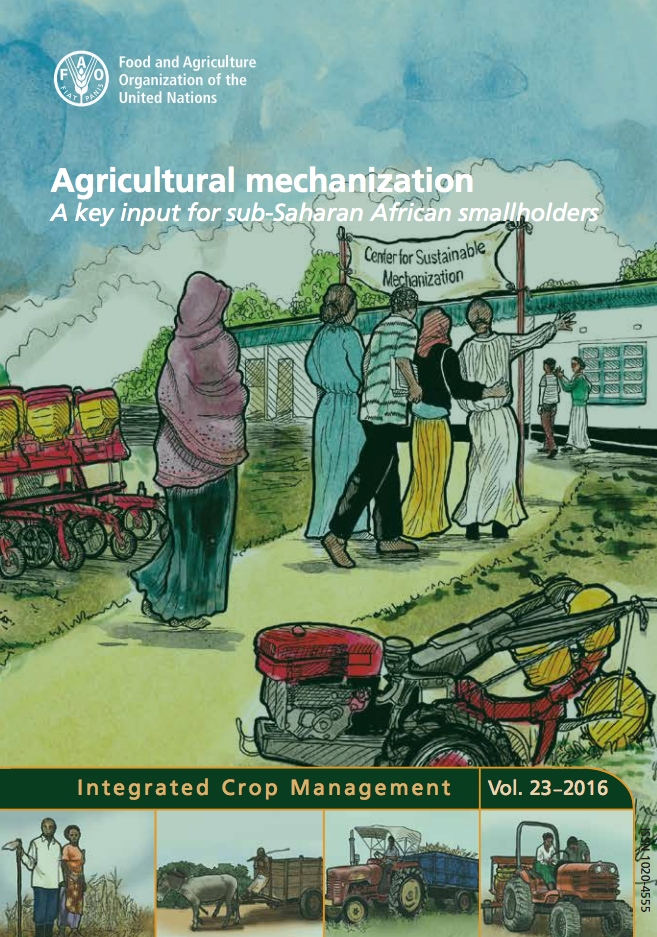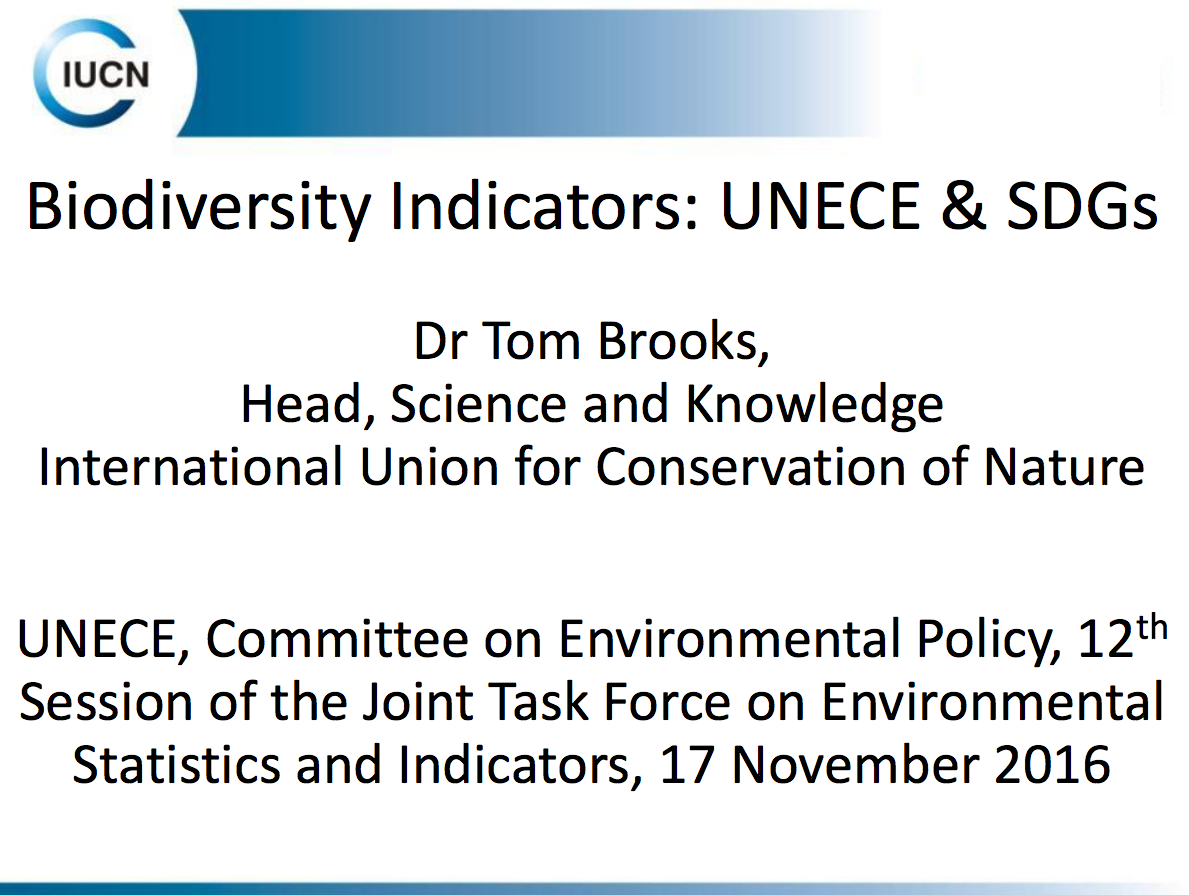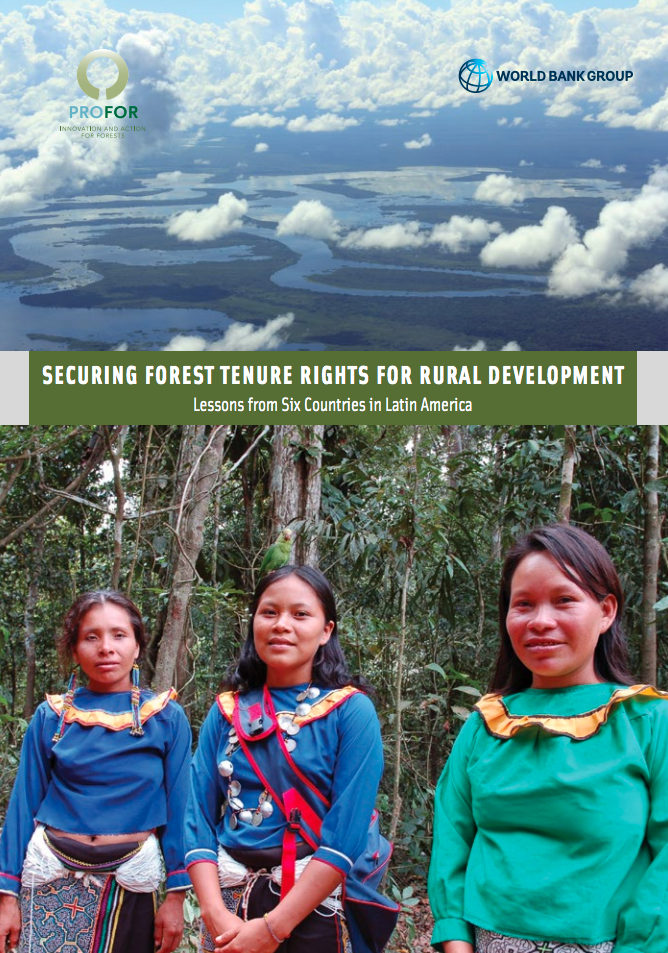SDG Indicator 2.4.1: Percentage of Agricultural Area under Productive and Sustainable Agriculture
There has been considerable discussion over the past thirty years on how to define “sustainable agriculture.” During most of this period, sustainability was exclusively considered an environmental issue and was therefore measured as such. The 2030 Agenda requires that all sectors, including agriculture, be considered from the point of view of the three dimensions of sustainability: economic, social and environmental.

